Keywords: Catholic Health Care
There are more than 200 results, only the first 200 are displayed here.
-
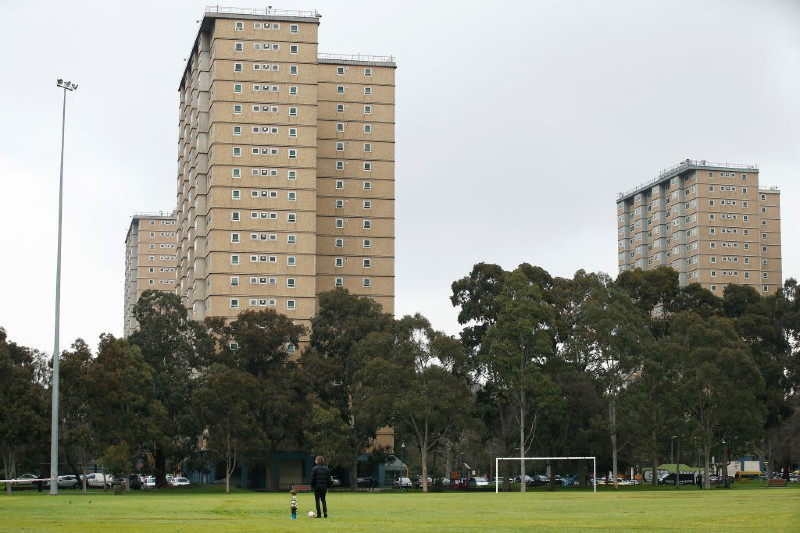
AUSTRALIA
- Joshua Lourensz
- 07 July 2020
7 Comments
Many of us, of course including residents of the towers, understand the exceptional response that COVID-19 has required, and that these lock downs form a part of the response. But when the situation has meant that people must, unless there are exceptional personal or medical grounds, remain house-bound for at least five days, we must be careful in the way we go about caring for the health of people.
READ MORE 
-
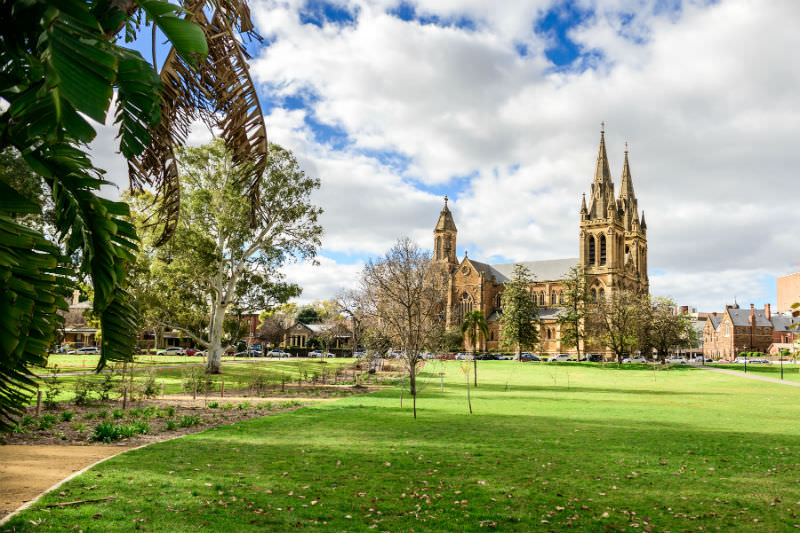
RELIGION
- John Warhurst
- 18 June 2020
27 Comments
Discussion of church life in Australia is incomplete without consideration of who speaks for the church at the national level. The answer to the question 'Who presides over the Catholic church in Australia?’ is more complicated than you might think.
READ MORE 
-
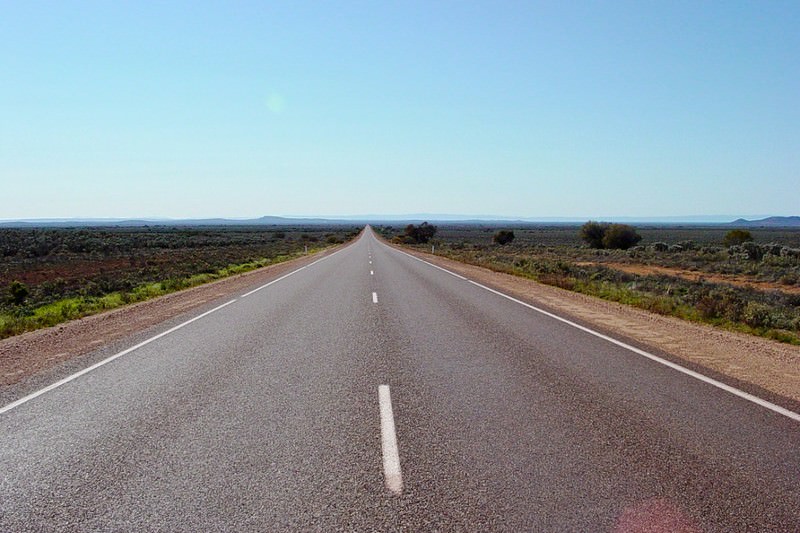
AUSTRALIA
What is often not expected or well understood is the effect of ‘lag time’ aftershocks in our regions following economic crisis. Lag time is an attribute of some rural, regional and remote communities and is most often seen in economically path dependent and single industry communities, many of which of course, comprise RRR Australia.
READ MORE 
-
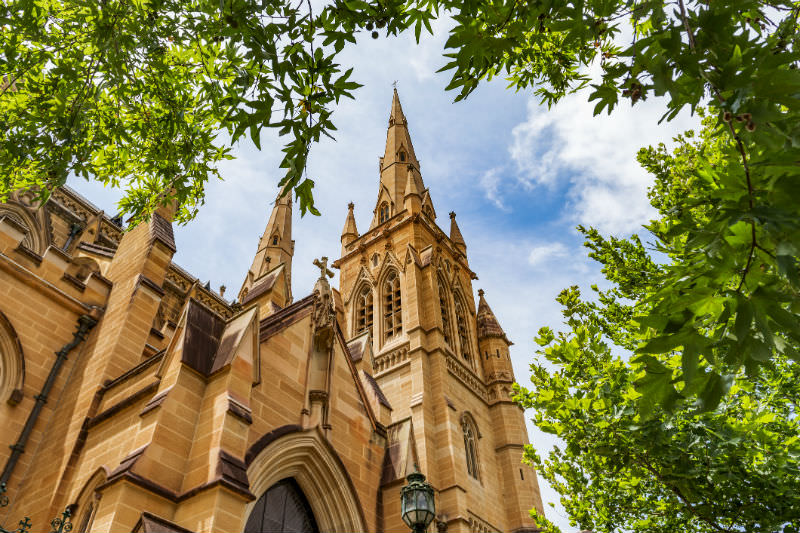
RELIGION
- John Warhurst
- 25 February 2020
7 Comments
Approaches to governance are in flux within church agencies, sectors, dioceses and at the national level, either driven by the demands of state regulations or in response to the challenging new situation the church finds itself in. There is so much change going on that it is difficult to follow.
READ MORE 
-
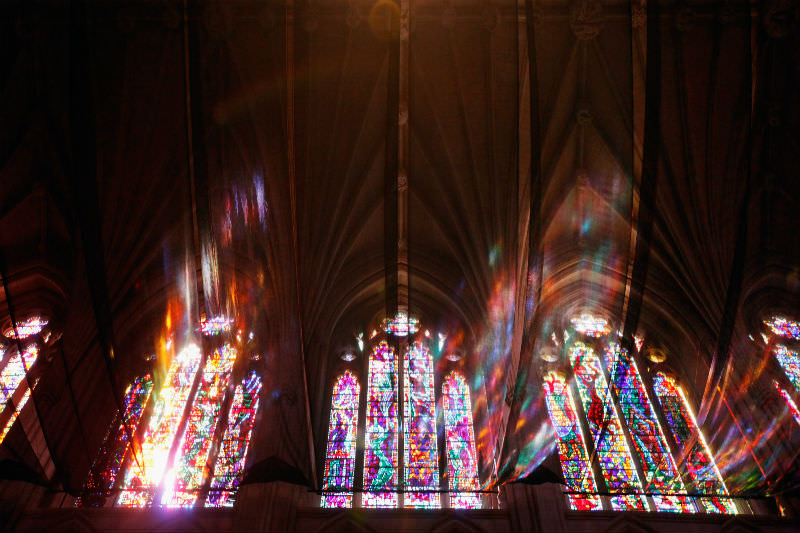
RELIGION
- Neve Mahoney
- 13 February 2020
14 Comments
I don’t need someone to tell me at work that because I’m queer I’m going to hell. Years of church and Catholic schooling and marriage equality debate have already made the coded language very clear when I’m not welcome.
READ MORE 
-
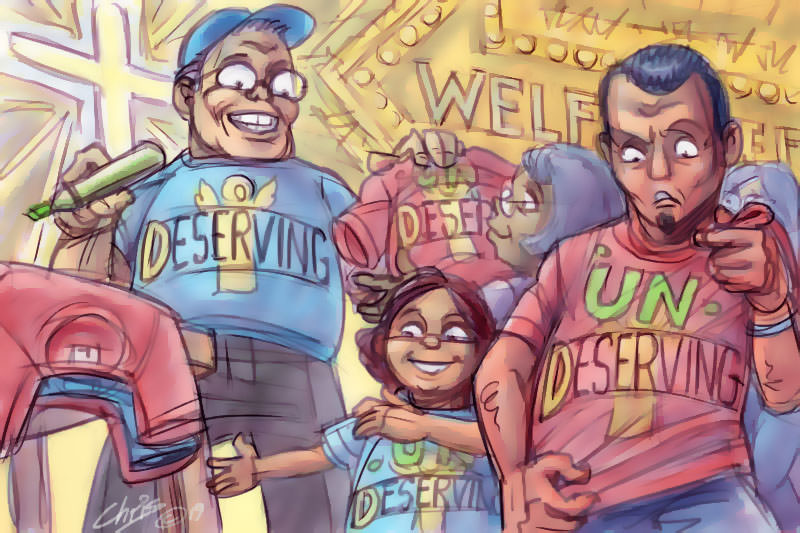
FAITH DOING JUSTICE
- Toni Hassan
- 29 November 2019
31 Comments
His government continues to support, with massive subsidies, extractive and exploitative industries that undeniably warm the planet and threaten the natural environment. How can this be a legitimate perspective as a publicly-confessing Christian? Why would this shepherd not want to move all of us to safer ground?
READ MORE 
-
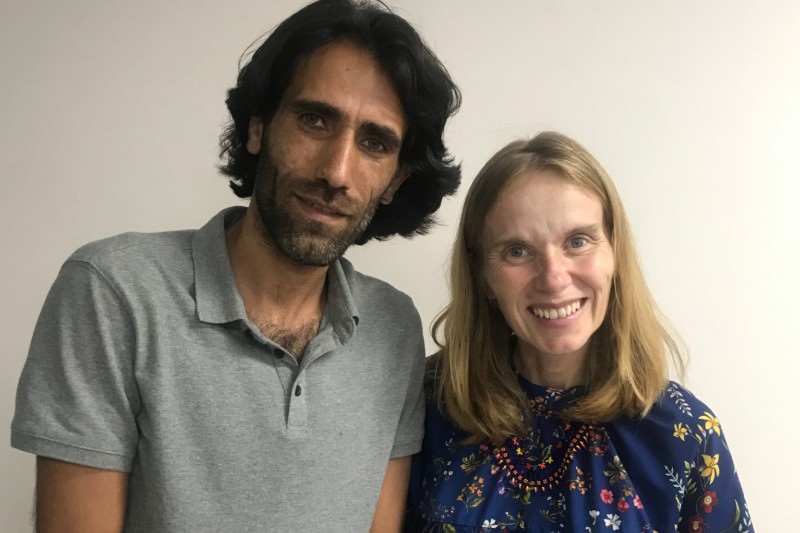
INTERNATIONAL
- Carolina Gottardo
- 18 November 2019
7 Comments
I recently visited Port Moresby as part of a delegation of Catholic leaders. I have worked with refugees and migrants for more than 20 years in different countries. I have been part of many serious and confronting human rights struggles. Nonetheless, I was not expecting what I saw and heard in PNG, and it deeply touched me.
READ MORE 
-
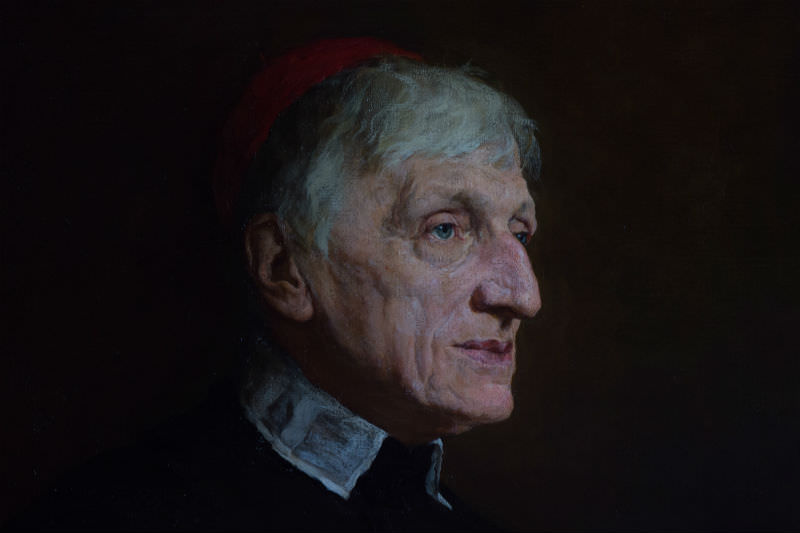
RELIGION
- Andrew Hamilton
- 09 October 2019
16 Comments
Of English saints the newly canonised John Henry Newman is the most intellectual and active in public life since Thomas More. When conversation turns to faith it is common to regard the gift of finding good words as no more than a decoration on the hard reasoning that faith demands. Newman stands as a reproach to that view.
READ MORE 
-
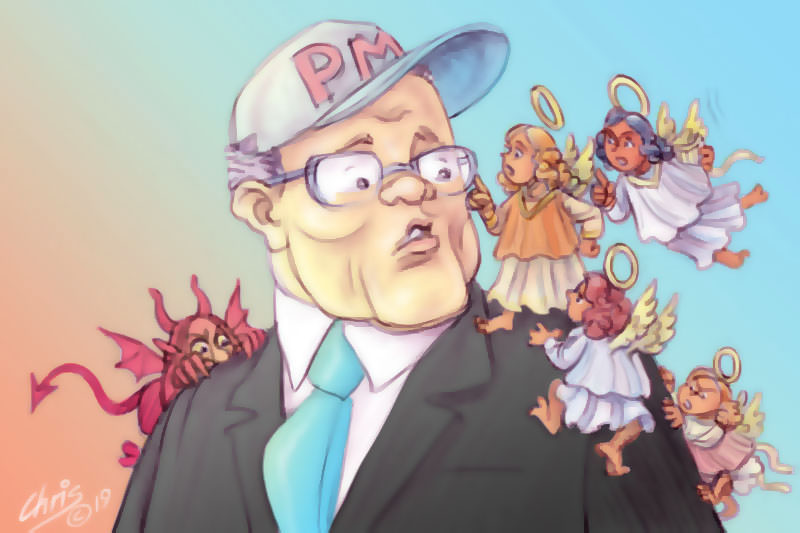
RELIGION
- John Warhurst
- 31 May 2019
14 Comments
The church has something in common with both sides of politics because the Catholic community has a split political personality. Its range of concerns is so broad that they are addressed in various ways by different political parties. It wants to make an impact on government, but it is always highly unlikely that it can have it all.
READ MORE 
-
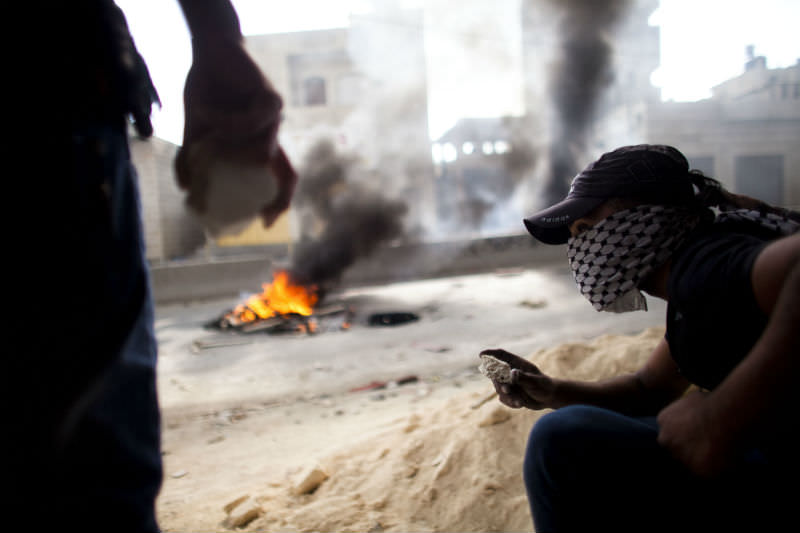
INTERNATIONAL
- Teresa Pirola
- 06 May 2019
14 Comments
I am on a study tour of Israel and Palestinian Territories. It is my eighth visit over 12 years, and each time I come away with less clarity and more questions about the tensions that plague this tiny land. Who is the oppressor? Who is the oppressed? It all depends upon the lens you look through at any given moment.
READ MORE 
-

RELIGION
- John Warhurst
- 02 May 2019
26 Comments
Those holding church authority should show the Catholic community that they have learnt the lessons offered by the royal commission by undertaking reforms as soon as possible and by telling us all about them in a spirit of transparency.
READ MORE 
-
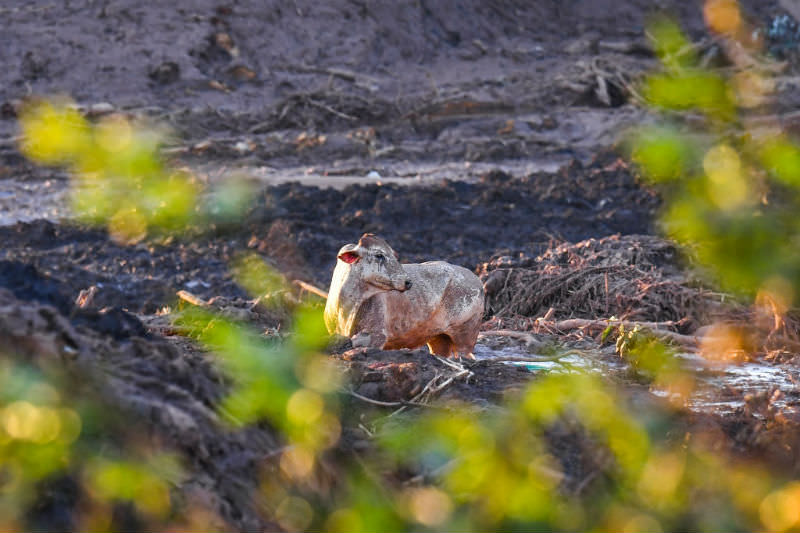
FAITH DOING JUSTICE
- Julie Edwards
- 03 March 2019
5 Comments
In January, the tailings dam of a deactivated iron ore mine in Brumadinho, Brazil failed, releasing toxic mud that caused devastation, 117 deaths and intergenerational ecological and economic consequences. It should, and could, have been prevente by the company, Vale, who was also responsible for past tailings dam destruction.
READ MORE 